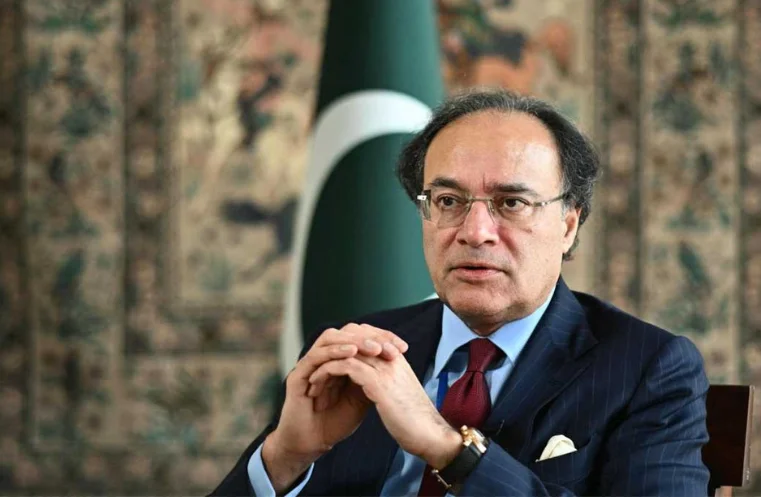ISLAMABAD, March 22: Finance Minister Muhammad Aurangzeb has expressed confidence that Pakistan will soon receive positive news from the International Monetary Fund (IMF), stating that negotiations are in the final stages and there are no major obstacles remaining.
In a press briefing following an event marking “World Day for Glaciers,” the minister reassured the public that Pakistan is on track to meet the IMF’s economic discipline targets.
He highlighted that the discussions with the global lender are progressing smoothly and are expected to conclude shortly.
Aurangzeb also stressed the importance of addressing climate change to avoid economic setbacks, emphasizing that Pakistan is committed to economic reforms and is adhering to the agreed financial framework.
He reiterated that fiscal responsibility remains a priority for the government, which would help secure the next tranche of IMF funding.
Staff Level Agreement with IMF: Growing Challenges
The minister discussed the growing challenges posed by climate change, including the rapid melting of glaciers, the economic disruptions caused by fog in Lahore, and the country’s overall vulnerability to environmental changes.
He called for a structured climate financing system to effectively combat these issues, noting that Pakistan has been in positive talks with the IMF over the past two weeks regarding climate financing and disaster recovery.
Read More: IMF Approves $2B for Pakistan Next Month
He revealed that international donors have pledged $10 billion for flood rehabilitation projects, though Pakistan has faced challenges in developing viable plans to fully utilize these funds.
Aurangzeb emphasized the need for actionable climate projects to secure future financial support.
The minister acknowledged the rising pollution levels and the difficulty of controlling environmental degradation, pledging the full support of the Finance Ministry to the Climate Change Ministry to tackle these concerns.
He also pointed out that Pakistan’s water cycle has been negatively impacted, with insufficient winter rainfall serving as a warning of the growing environmental crisis.
Aurangzeb highlighted climate change and population growth as two of the country’s most pressing threats, urging the need for urgent action.
He also noted progress in Pakistan’s collaboration with the World Bank, particularly in financing and building capacity for climate resilience.
Also Read: Governor SBP: Pakistan and IMF to Reach SLA Agreement Soon
The work of the Everest K2 Research Centre in studying glacial melt patterns and their impact on water resources was cited as a positive step in understanding and addressing these issues.
The finance minister concluded by stressing the urgency of reducing project timelines to effectively counter environmental risks, warning that failing to address these challenges could have severe economic consequences for Pakistan.









